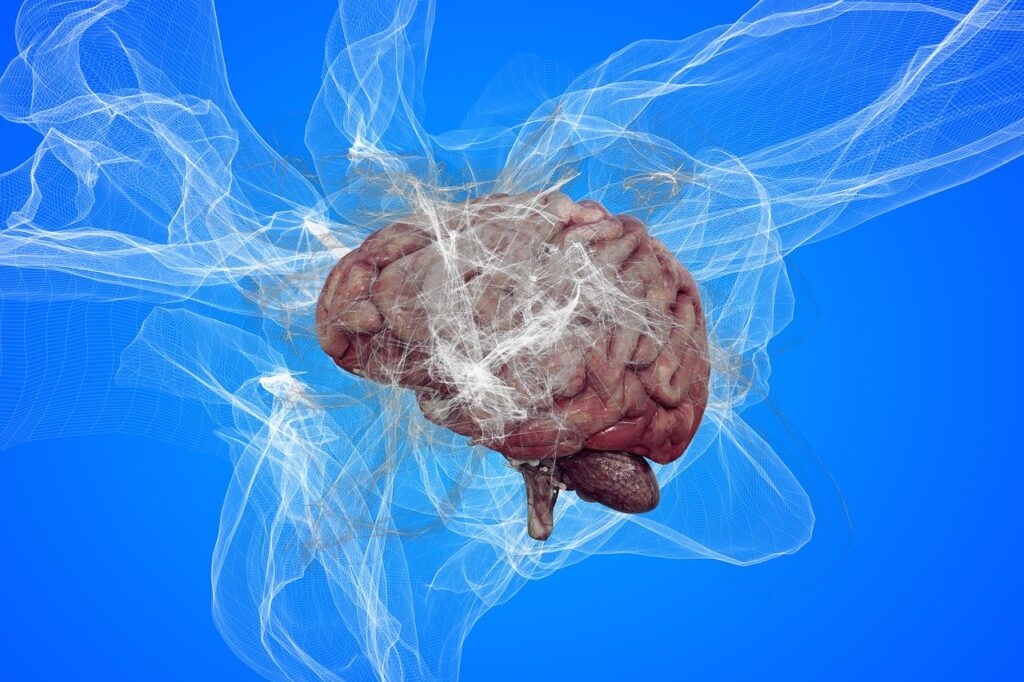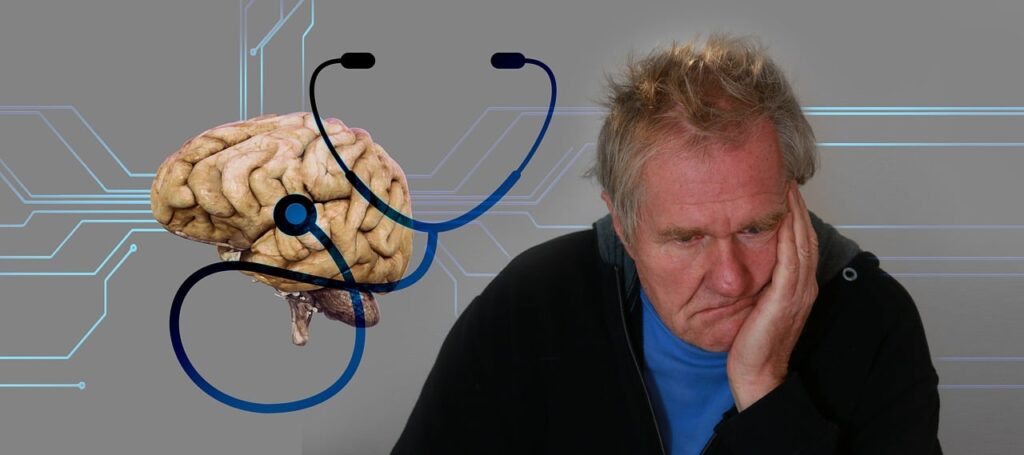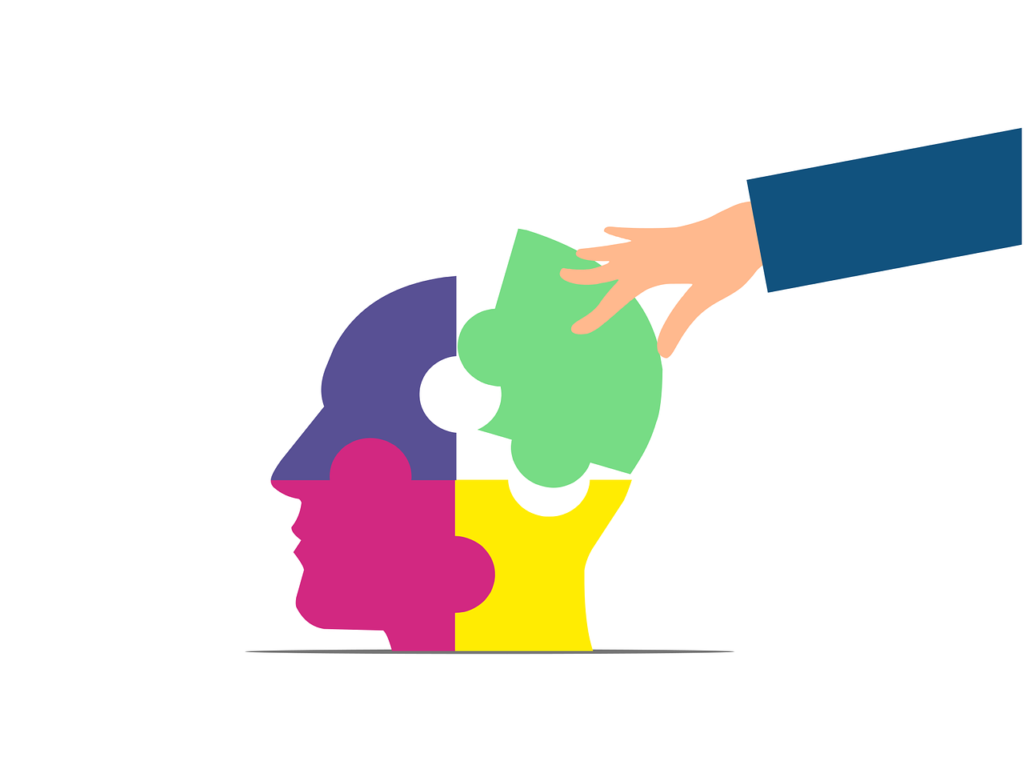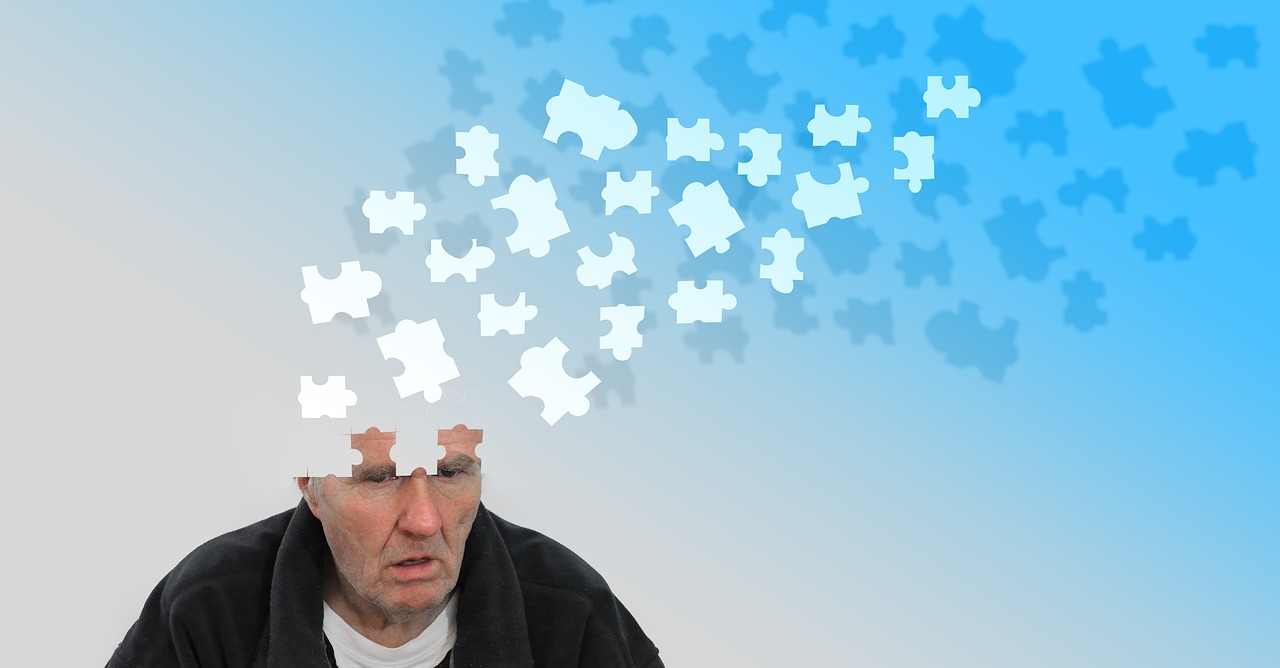Understanding Alzheimer’s Disease: Unveiling the Truths and Myths
Contents
- 1 Understanding Alzheimer’s Disease: Unveiling the Truths and Myths
- 1.1 Read DISCLAIMER
- 1.2 Introduction
- 1.3 Table of Contents
- 1.4
- 1.5 Defining Alzheimer’s Disease
- 1.6 Understanding the Brain
- 1.7 Causes and Risk Factors
- 1.8 Diagnosis and Assessment
- 1.9 Stages of Alzheimer’s Disease
- 1.10 Treatment and Management
- 1.11 Myths and Facts About Alzheimer’s
- 1.12 Promoting Brain Health
- 1.13 Supporting Caregivers
- 1.14 Research and Future Directions
- 1.14.1 Advancements in Alzheimer’s Research
- 1.14.2 Hope for Effective Treatments
- 1.14.2.1 Heart-Healthy Eating for Seniors Tips
- 1.14.2.2 Common Heart Conditions in Old Age and Their Treatments
- 1.14.2.3 Cardiac Rehabilitation for Elderly Patients
- 1.14.2.4 Osteoporosis Prevention in Seniors
- 1.14.2.5 Understanding Arthritis: A Comprehensive Guide to Joint Health
- 1.14.2.6 Managing Arthritis Pain in Seniors
- 1.14.2.7 Exercise Tips for Maintaining Strong Bones in Old Age
- 1.14.2.8 Age-Related Changes in Bone Density and Structure
- 1.15 Frequently Asked Questions (FAQs)
- 1.16 Conclusion
Read DISCLAIMER
Delve into the world of Alzheimer’s Disease with our informative guide. Understand the complexities of cognitive decline, learn about brain health strategies, and gain insights into Alzheimer’s stages. Get accurate information, debunk myths, and find hope through research
Introduction
Alzheimer’s Disease is a complex neurodegenerative disorder that affects millions of people worldwide. As we delve into the depths of this topic, we will uncover the intricacies of Alzheimer’s, dispel common myths, and provide valuable insights into managing and understanding this condition. This comprehensive guide aims to empower individuals, caregivers, and families with the knowledge needed to navigate Alzheimer’s Disease.

Table of Contents
1. Defining Alzheimer’s Disease
– What is Alzheimer’s Disease?
– Early Signs and Symptoms
2. Understanding the Brain
– Brain Structure and Function
– Neurological Changes in Alzheimer’s
3. Causes and Risk Factors
– Genetic Predisposition
– Lifestyle Factors
4. Diagnosis and Assessment
– Medical Evaluation
– Cognitive Tests
5. Stages of Alzheimer’s Disease
– Mild Cognitive Impairment (MCI)
– Moderate Alzheimer’s Disease
– Severe Alzheimer’s Disease
6. Treatment and Management
– Medications and Therapies
– Care Strategies for Caregivers
7. Myths and Facts About Alzheimer’s
– Myth: Only Elderly People Get Alzheimer’s
– Fact: Alzheimer’s is More Than Just Memory Loss
8. Promoting Brain Health
– Diet and Nutrition
– Cognitive Activities
9. Supporting Caregivers
– Coping with Caregiver Stress
– Community Resources
10. Research and Future Directions
– Advancements in Alzheimer’s Research
– Hope for Effective Treatments
11. Frequently Asked Questions (FAQs)
Defining Alzheimer’s Disease
What is Alzheimer’s Disease?
Alzheimer’s Disease is a progressive neurological disorder that primarily affects memory, cognitive function, and behavior. It is the most common cause of dementia, a term used to describe a decline in cognitive ability severe enough to interfere with daily life. The disease is characterized by the accumulation of abnormal protein deposits in the brain, including beta-amyloid plaques and tau tangles, which disrupt communication between nerve cells.
Early Signs and Symptoms
In the early stages, Alzheimer’s Disease may manifest as mild memory lapses and difficulty with concentration. Individuals might struggle to recall recent conversations, appointments, or names. As the disease progresses, memory loss becomes more pronounced, and other cognitive functions such as language skills, reasoning, and problem-solving abilities are also affected.
Stay tuned for our next section where we will explore the intricate structure and functions of the brain and how they are impacted by Alzheimer’s Disease.
Understanding the Brain

Brain Structure and Function
The brain is a remarkable organ composed of billions of nerve cells, or neurons, that communicate through intricate networks. Different regions of the brain are responsible for various functions, including memory, language, emotions, and motor skills. Alzheimer’s Disease disrupts these functions by damaging and destroying neurons, leading to cognitive decline and behavioral changes.
Neurological Changes in Alzheimer’s
In Alzheimer’s Disease, the accumulation of beta-amyloid protein forms plaques between neurons, while tau protein tangles develop within neurons. These abnormalities disrupt the normal communication and functioning of nerve cells, leading to their degeneration and eventual death. The hippocampus, a region crucial for memory, is often one of the first areas affected by Alzheimer’s, contributing to memory loss.
As we delve deeper into this topic, we will explore the various causes and risk factors associated with Alzheimer’s Disease.
Causes and Risk Factors
Genetic Predisposition
While the exact cause of Alzheimer’s Disease is not fully understood, genetics play a significant role. Individuals with a family history of Alzheimer’s are at a higher risk of developing the condition, particularly if a first-degree relative such as a parent or sibling has been affected. Certain genes, such as the APOE ε4 allele, are associated with increased susceptibility to Alzheimer’s.
Lifestyle Factors
Beyond genetics, lifestyle factors also contribute to the risk of Alzheimer’s Disease. Cardiovascular health, for instance, is closely linked to brain health. Conditions like high blood pressure, diabetes, and high cholesterol can increase the risk of cognitive decline. Engaging in regular physical activity, adopting a healthy diet, managing stress, and staying mentally active are essential for maintaining brain health and reducing the risk of Alzheimer’s.
Stay tuned for the upcoming sections where we will discuss the diagnosis and assessment of Alzheimer’s Disease, as well as the various stages it progresses through.
Diagnosis and Assessment

Medical Evaluation
Diagnosing Alzheimer’s Disease involves a thorough medical evaluation, including a comprehensive medical history, physical examination, and neurological assessment. A healthcare provider will also review the individual’s cognitive function, focusing on memory, language, problem-solving abilities, and attention span.
Cognitive Tests
Cognitive tests are crucial in diagnosing Alzheimer’s and determining its severity. These tests assess memory, language skills, attention, and other cognitive functions. Common tests include the Mini-Mental State Examination (MMSE) and the Montreal Cognitive Assessment (MoCA). These assessments help healthcare professionals gauge cognitive decline and track changes over time.
In our next section, we will explore the various stages of Alzheimer’s Disease, from mild cognitive impairment to severe Alzheimer’s.
Stages of Alzheimer’s Disease
Mild Cognitive Impairment (MCI)
Mild Cognitive Impairment is a stage characterized by noticeable memory problems that are beyond what is considered normal for age-related changes. While individuals with MCI may experience mild forgetfulness, it doesn’t significantly impact daily functioning. However, MCI can be a precursor to Alzheimer’s Disease or other forms of dementia.
Moderate Alzheimer’s Disease
In the moderate stage, cognitive decline becomes more pronounced. Individuals may struggle with tasks such as managing finances, remembering recent events, and expressing themselves. Behavioral changes, such as increased confusion and mood swings, can also emerge. As memory loss intensifies, individuals may require assistance with daily activities.
Severe Alzheimer’s Disease
Severe Alzheimer’s is marked by profound cognitive and functional impairment. Individuals may lose the ability to communicate, recognize loved ones, and perform basic tasks like eating and bathing. This stage often requires round-the-clock care, as individuals become increasingly dependent on caregivers for their needs.
Stay tuned for the following sections where we will delve into treatment and management strategies for Alzheimer’s Disease, as well as dispel common myths surrounding the condition.
Treatment and Management
Medications and Therapies
While there is currently no cure for Alzheimer’s Disease, medications and therapies can help manage symptoms and enhance quality of life. Cholinesterase inhibitors and memantine are commonly prescribed to improve memory and cognitive function. Behavioral therapies, such as cognitive stimulation and reminiscence therapy, can also be beneficial in supporting cognitive function.
Care Strategies for Caregivers
Caring for someone with Alzheimer’s Disease can be emotionally and physically challenging. Caregivers play a crucial role in providing support, comfort, and assistance to individuals with the condition. Establishing routines, maintaining a safe environment, and engaging in activities that promote cognitive and emotional well-being are essential aspects of caregiving.
In the section,
we will address common myths and facts about Alzheimer’s Disease to dispel misconceptions and provide accurate information.
Myths and Facts About Alzheimer’s

Myth: Only Elderly People Get Alzheimer’s
Fact: While Alzheimer’s Disease is more common in older adults, it can affect individuals as young as their 40s or 50s. Early-onset Alzheimer’s is a rare form of the disease that has a significant impact on younger individuals and their families.
Fact: Alzheimer’s is More Than Just Memory Loss
Myth: Alzheimer’s Disease only involves memory problems. In reality, the condition affects various cognitive functions, including language, reasoning, problem-solving, and behavior. Individuals may also experience mood changes, agitation, and difficulty with daily tasks.
In our upcoming sections, we will provide guidance on promoting brain health and supporting caregivers of individuals with Alzheimer’s Disease.
Promoting Brain Health
Diet and Nutrition

A balanced diet rich in antioxidants, omega-3 fatty acids, and vitamins is essential for brain health. Foods such as fatty fish, leafy greens, berries, nuts, and whole grains are beneficial for cognitive function. Additionally, staying hydrated and limiting the consumption of processed foods can support overall brain health.
Cognitive Activities

Engaging in cognitive activities helps stimulate the brain and maintain cognitive function. Reading, puzzles, games, and learning new skills are excellent ways to keep the mind active. Social interactions, whether in-person or online, also contribute to cognitive well-being by fostering connections and stimulating conversation.
In the following sections, we will explore resources for caregivers and the latest advancements in Alzheimer’s research.
Supporting Caregivers
Coping with Caregiver Stress
Caring for a loved one with Alzheimer’s Disease can lead to caregiver stress and burnout. It’s essential for caregivers to prioritize their well-being by seeking support from friends, family, support groups, or professional caregivers. Taking breaks, practicing self-care, and seeking assistance when needed are crucial for maintaining emotional and physical health.
Community Resources
Numerous organizations and resources provide support and information for caregivers of individuals with Alzheimer’s Disease. Support groups, educational programs, and online communities offer a platform for caregivers to share experiences, exchange advice, and access valuable information.
In our final sections, we will explore the significance of Alzheimer’s research and its potential to bring hope to those affected by the disease.
Research and Future Directions
Advancements in Alzheimer’s Research
Ongoing research into Alzheimer’s Disease is paving the way for a better understanding of its causes, progression, and potential treatments. Advancements in brain imaging, genetics, and molecular biology have led to breakthroughs that provide insights into the disease’s mechanisms and potential therapeutic targets.
Hope for Effective Treatments
While a cure for Alzheimer’s Disease remains a goal, research is offering hope for effective treatments that can slow its progression or manage symptoms more effectively. Clinical trials are evaluating various medications, interventions, and approaches to combat cognitive decline and enhance the quality of life for individuals with Alzheimer’s.
Read more about
Heart-Healthy Eating for Seniors Tips
Common Heart Conditions in Old Age and Their Treatments
Cardiac Rehabilitation for Elderly Patients
Osteoporosis Prevention in Seniors
Understanding Arthritis: A Comprehensive Guide to Joint Health
Managing Arthritis Pain in Seniors
Exercise Tips for Maintaining Strong Bones in Old Age
Age-Related Changes in Bone Density and Structure
Frequently Asked Questions (FAQs)
What are the early signs of Alzheimer’s Disease?
Early signs may include memory loss, confusion, difficulty completing familiar tasks, and changes in mood or behavior.
Is Alzheimer’s Disease hereditary?
While genetics play a role, having a family history of the disease does not guarantee its development.
Can Alzheimer’s Disease be prevented?
While there is no definitive prevention, a healthy lifestyle and cognitive engagement can reduce the risk.
Are there effective treatments for Alzheimer’s?
Current treatments aim to manage symptoms, but ongoing research offers hope for more effective interventions in the future.
How can caregivers manage stress?
Caregivers should seek support, take breaks, and practice self-care to manage caregiver stress effectively.
How can I participate in Alzheimer’s research?
Many research institutions offer opportunities for individuals to participate in clinical trials and studies.
Conclusion
Understanding Alzheimer’s Disease requires shedding light on its complexities, dispelling myths, and embracing hope through ongoing research. By equipping ourselves with knowledge, empathy, and support, we can make a positive impact on the lives of those affected by Alzheimer’s. If you found this article informative, don’t forget to hit the “Like” button and explore our private prompt library for more insightful content.

Thanks for sharing. I read many of your blog posts, cool, your blog is very good.
Can you be more specific about the content of your article? After reading it, I still have some doubts. Hope you can help me. https://accounts.binance.com/es/register-person?ref=T7KCZASX
Can you be more specific about the content of your article? After reading it, I still have some doubts. Hope you can help me.
I don’t think the title of your article matches the content lol. Just kidding, mainly because I had some doubts after reading the article. https://www.binance.info/zh-TC/register-person?ref=VDVEQ78S
Thanks for sharing. I read many of your blog posts, cool, your blog is very good.
Thank you for your sharing. I am worried that I lack creative ideas. It is your article that makes me full of hope. Thank you. But, I have a question, can you help me? https://accounts.binance.info/register-person?ref=P9L9FQKY
Your article helped me a lot, is there any more related content? Thanks!
**mitolyn reviews**
Mitolyn is a carefully developed, plant-based formula created to help support metabolic efficiency and encourage healthy, lasting weight management.
Can you be more specific about the content of your article? After reading it, I still have some doubts. Hope you can help me.